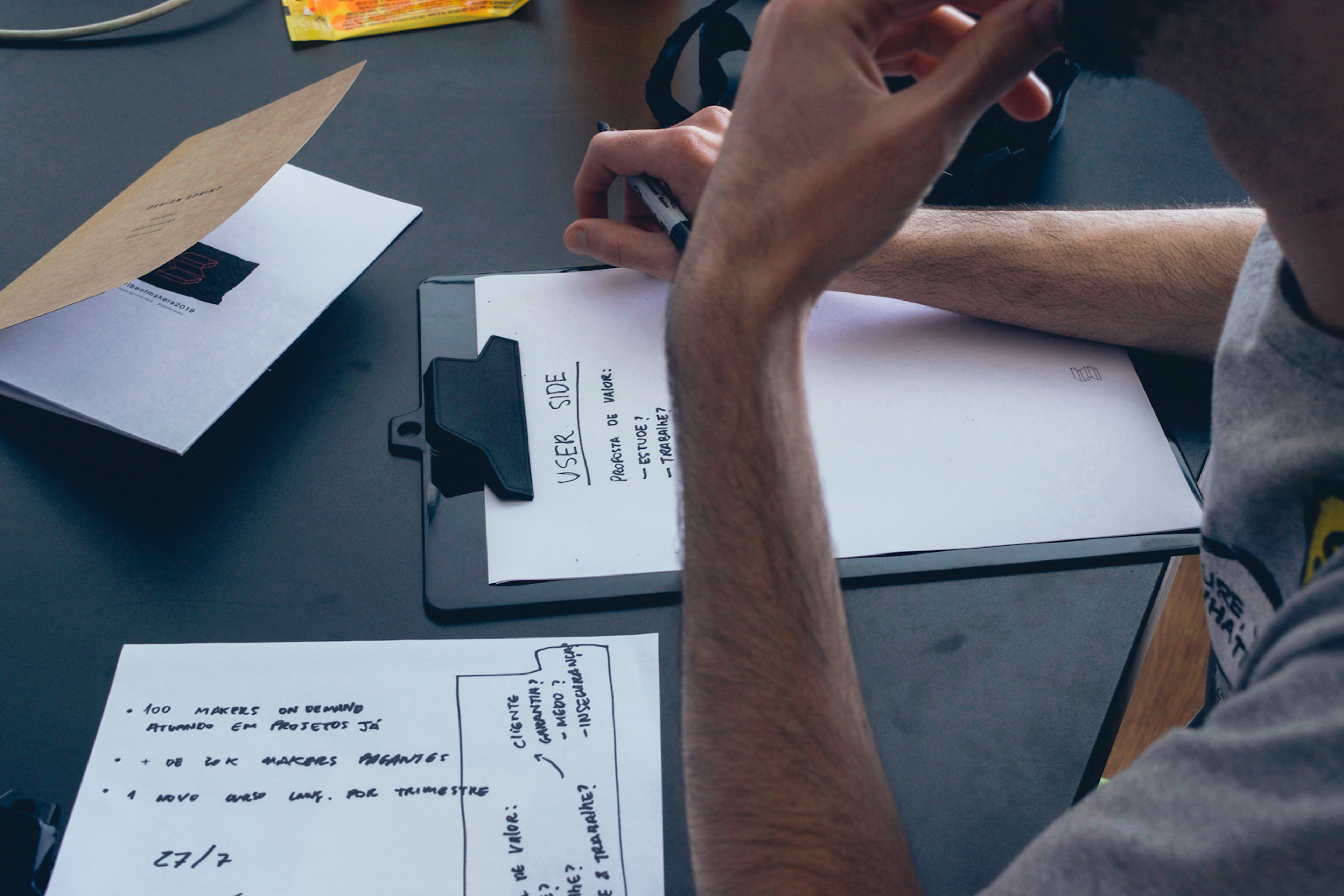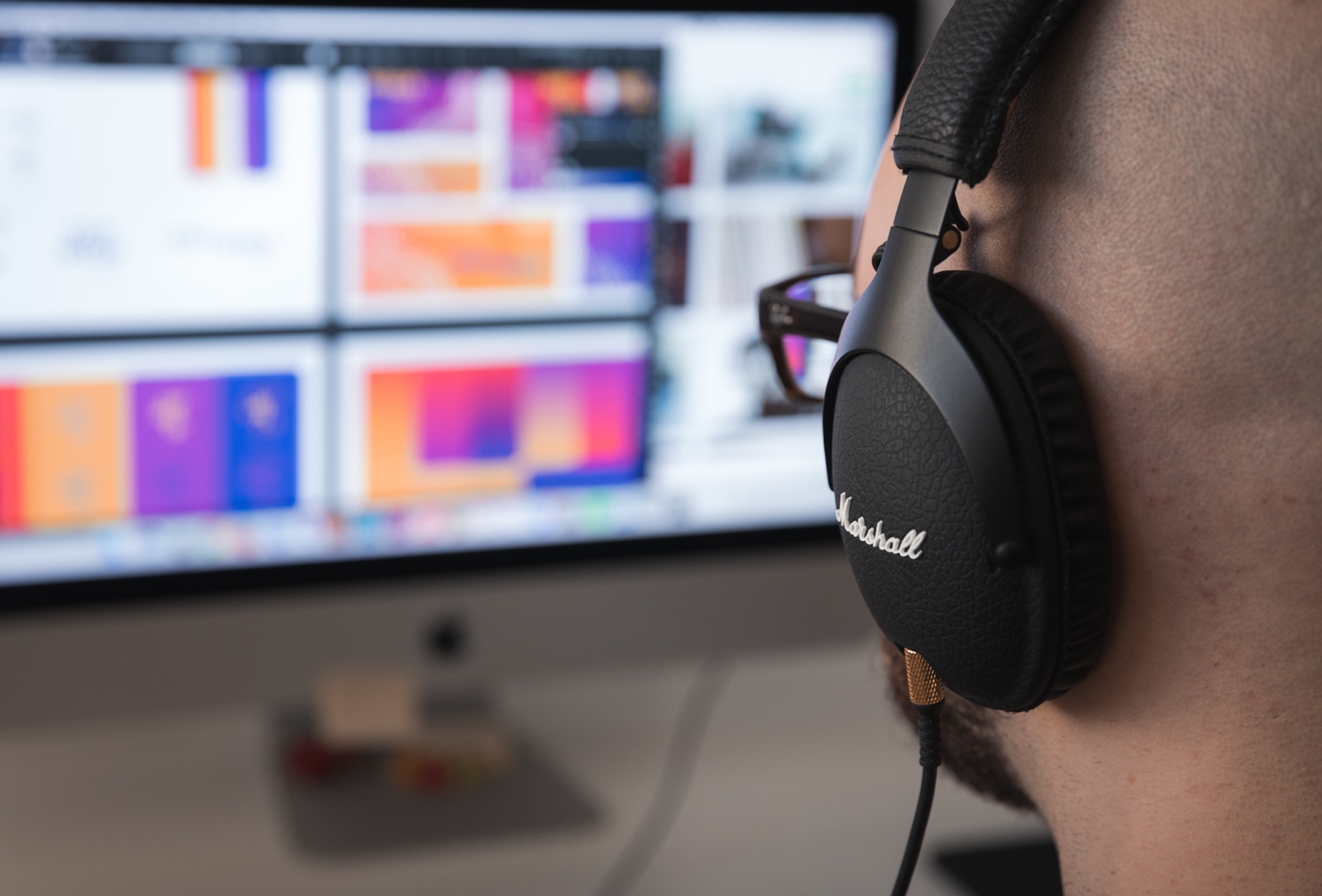In 2026, UX research is evolving in two directions at once. First, more products now include AI-powered features - assistants, recommendations, smart search, and automation - which change what we test and how we define “success.”
Second, research is becoming more continuous and operational: instead of one-off studies, teams combine qualitative insights with behavioral data and run smaller, faster cycles to reduce risk and move decisions forward.
This shift doesn’t make researchers less valuable - it raises the bar. Strong UX researchers today are expected to connect user insights to product strategy, collaborate closely with design, PM, data, and engineering, and maintain rigorous research even when timelines are tight.
Many teams are also integrating AI into the research workflow itself (for example, faster synthesis), while being careful not to “outsource judgment” to automation.
What Is a User Research?
User research examines user actions, requirements, and drivers to obtain meaningful feedback and analyze data. It assists companies and designers in engineering products that are simple, efficient, and user-centric.
UX practitioners utilize research techniques such as interviews, surveys, user testing, usability testing, and analytics to gather helpful information that informs designs.
User research aims to improve the overall user experience by ensuring that a digital product works for a user while also considering the business goals. User experience research is critical as it ensures that the developed mobile application or web service addresses real user problems and helps achieve the business’s goals.
Source: Image by pikisuperstar on Freepik

What Does a UX Researcher Do?
UX researchers work behind the scenes to understand real user needs and behaviors, so products feel intuitive and effortless. They combine qualitative and quantitative methods, such as interviews, usability tests, heatmaps, surveys, and A/B testing, to spot patterns, identify friction points, and map user journeys.
They partner with designers, PMs, and engineers to turn insights into product decisions, not just reports. The result is choices based on evidence instead of assumptions, and experiences that better match what people actually want.
In AI-powered products, UX research goes beyond usability to trust and predictability. Researchers test how people understand AI, the mental models they form, and how they respond when it’s wrong, then help teams design clear expectations, safe defaults, recovery flows, and human override.
In 2026, AI features are often evaluated through scenarios, error-and-recovery tests, and longer-term feedback to track trust over time. In regulated spaces, research may also support transparency and documentation so decisions hold up beyond the UI.
Explain the UX Researcher Skills
A proficient UX researcher should be skilled in analytical, communication, and technical aspects. A strong command of qualitative and quantitative research techniques makes gathering and analyzing user data simpler. You must be familiar with tools such as Google Analytics, usability testing software, and survey platforms.
Having sound judgment when analyzing information is also fundamental. In addition, good verbal and written communication skills are also essential because UX researchers collaborate with designers, developers, and business stakeholders who need reports to improve products.
Further, having a degree in psychology, HCI, or a data insight base will always give an added advantage in a UX research career.
Benefits of UX Research
User research helps teams understand user expectations, behaviors, and preferences, so designs feel intuitive and easier to use. It also surfaces issues early, before they turn into costly fixes or frustrating experiences after launch.
By mapping real needs, teams can build more accessible products, remove barriers, and improve satisfaction. Continuous feedback then keeps the experience improving over time and supports long-term loyalty.
Source: Startaê Team on Unsplash

Types of UX Research
UX research includes various UX research methods and techniques such as interviews, focus groups, surveys, usability testing, user interviews, contextual inquiry, etc.
These are used to understand better user needs, behaviors, motivations, and preferences so people can make better designs. In terms of user research, quantitative and qualitative research methods exist.
Usability tests allow researchers to observe users in action while using a product or service, identifying any issues with the design. This type of research makes it possible to see if there are any issues with how something is designed.
Allowing researchers to view how people interact with various products allows them to make changes that will better the overall experience. You can also test usability from afar using tools like remote testing platforms and A/B testing.
Source: Ofspace LLC on Unsplash

Surveys collect direct feedback on things like ease of use, satisfaction, and likes or dislikes. Focus groups gather opinions through guided group discussion and reveal how perceptions differ across users, plus what changes they want.
Contextual inquiry observes people in their real environment to understand not just what they do, but why they do it, and how usage varies in practice.
Source: Hussam Abd on Unsplash

How Much Do UX Researchers Make?
When discussing the salary of a UX researcher, it’s important to note that earnings can vary widely depending on factors such as geographical location, level of experience, and the company’s industry sector.
User researchers are in high demand within the digital creative field, and their salary expectations can vary widely based on experience and location.
In the United States, entry-level UX researchers can expect to start with salaries of $50,000 to $70,000 annually. Those with more experience and advanced skills, possibly specializations in certain research methodologies or tools, can significantly increase their salaries.
Mid-level UX researchers typically earn between $70,000 and $100,000 per year, while senior-level researchers and those in managerial roles can earn upwards of $100,000 to $140,000 or more annually. Additionally, salaries might be supplemented with bonuses, profit sharing, or other benefits, which can vary by company.
It’s also important to consider the cost of living in different areas when comparing salaries. For example, a UX researcher in San Francisco may earn a higher salary than one in a smaller city. Still, the cost of living in San Francisco is also significantly higher. UX researchers must research and negotiate their salaries based on location and industry to ensure fair compensation for their skills and experience.
In terms of industry, the technology sector tends to offer higher salaries for UX researchers compared to other industries, such as healthcare or education. This is due to the high demand for user-centered design in tech companies and the competitive nature of the industry. However, this can also vary depending on the company’s budget and priorities.
Furthermore, additional factors such as education level and certifications can also impact a UX researcher’s salary. Those with advanced degrees, such as a Master’s in Human-Computer Interaction or Design, may have a higher earning potential. Similarly, obtaining certifications in specific research methodologies or tools can demonstrate expertise and potentially lead to higher salaries.
Qualities of Good UX Researchers
Design thinking is a process that can provide valuable insights about the target audience and users. It involves five stages: empathize, define, ideate, prototype, and test. To choose the right research methodology and strategy, you must think critically about the questions you want to answer.
Choosing the right research strategy is crucial for answering key questions and guiding the research process effectively. Don’t be afraid to ask insightful questions and be curious.
As a UX researcher, your primary job is working with developers, designers, product managers, and stakeholders who may not get what you do.
To work best within an organization in such a role as this one, researchers must approach every project with an open mind; they should be able to think analytically and critically about data while having good communication skills.
They should also know specific areas, such as psychology or marketing, to help them understand user behavior when conducting their research activities.
Strong problem-solving skills are required because researchers often face challenges stakeholders face regarding design decisions, customer feedback, etc. Lastly, self-motivation plays a key role for most researchers since they will likely have to do self-driven “exploratory” work, which requires initiative and drive from the individual researcher.
Source: Kelly Sikkema on Unsplash

A Typical Day of a UX Researcher
To begin their day typically entails gathering data and researching user behavior through interviews, surveys, or user testing to understand how people interact with products or services.
Interpreting the results accurately is another big task they’re responsible for, along with communicating effectively with many teams, including design teams, product managers, developers, and stakeholders.
They plan out all aspects of research studies, including strategies, discussion guides, screeners, questionnaires, and recruitment activities. They have tools used for data analysis to gain insights from the collected information. Lastly, they suggest improving products or services based on the findings gathered.
Qualitative analyses such as card sorting exercises, eye tracking experiments, and A/B testing are also part of their everyday activities to observe users’ interactions, which inform design decisions. They can create relatable characters and stories that align with the research outcomes for more effective communication within the team.
Source: UX Indonesia on Unsplash

To stay up-to-date with the latest trends in their industry, UX researchers need to be aware of new technologies and methods of conducting user research studies.
How to Become a UX Researcher
Start with the basics of user-centered design and learn both qualitative and quantitative methods. Collaboration matters too, since you’ll work closely with designers, PMs, and engineers.
A degree in HCI or a related field like psychology or sociology can help, especially if it includes research methods and statistics. To build real experience, look for internships, volunteer projects, or research-heavy roles where you can run surveys, moderate focus groups, and conduct usability tests.
You’ll also need comfort with data analysis tools and a habit of staying current as tech changes. Strong researchers pair craft with soft skills: empathy, flexibility with diverse users, and creative thinking when turning insights into better solutions.
Source: KOBU Agency on Unsplash

The Future of the UX Researcher
The role of a UX researcher is becoming more critical than ever as technology and user expectations change. UX researchers of the future will certainly need to understand new interaction patterns, which will stem from trends such as AI-driven analytics and voice interfaces and even VRs and ARs.
Usability tests will remain a critical tool for understanding user interactions and improving product design as technology evolves.
After a certain point, researchers will only be focused on contextual understanding and analysis, empathy, ethics, and solving complex behavioral data. Furthermore, with the rise of business automation, AI is going to make collecting data much simpler.
As businesses focus more on users, gathering UX research will no longer be confined to just digital products but will also be used for healthcare, finance, CX, and even smart technologies.
As design, product, and business teams become more integrated, so will UX Researchers within their core business strategy, enabling businesses to focus on the long term.
Industry professionals who focus on data science, psychology, and other developing technologies will be the ones to guarantee that as the world continues to transform, products remain simple, accepted, and friendly to use.
Conclusion
User Experience (UX) research is essential to creating digital products or services. User researchers play a vital role in studying user behavior and creating designs that enhance user experiences.
Without understanding how customers interact with these creations, companies would struggle to design things that truly meet customer needs.
So, organizations must employ qualified personnel who know how to study user behavior and create meaningful designs that enhance user experiences when engaging with their brands.
Read More
In summary
You can’t create great digital experiences without understanding the people using them. UX research bridges that gap, uncovering how users think, feel, and interact — so your product isn't just functional, but genuinely useful.
It turns assumptions into insights, helping teams design with purpose, not guesswork. That’s why skilled UX researchers are essential — they translate real user behavior into smart, intuitive design decisions that truly resonate.


About Clay
Clay is a UI/UX design & branding agency in San Francisco. We team up with startups and leading brands to create transformative digital experience. Clients: Facebook, Slack, Google, Amazon, Credit Karma, Zenefits, etc.
Learn more

About Clay
Clay is a UI/UX design & branding agency in San Francisco. We team up with startups and leading brands to create transformative digital experience. Clients: Facebook, Slack, Google, Amazon, Credit Karma, Zenefits, etc.
Learn more



